Membership questions
Yes by joining the NCMD you automatically receive the benefit of the combined liability insurance.
No, under 16 year olds can join the NCMD for free but they must be accompanied by an adult member. Please email membership@ncmd.co.uk
No you don’t need to be a member of the NCMD but it is advisable. It is also advisable to check the Crown Estate website to make sure you are only detecting on approved beaches.
No you don’t have to be a member of a Club to join us, you can join as an individual member.
You will have access to your Digital Membership Card via your new online membership area and the NCMD App. All cards are ordered in bulk to reduce our costs and are delivered by Royal Mail within 25 working days. If it hasn’t arrived within this time please email: membership@ncmd.co.uk


